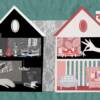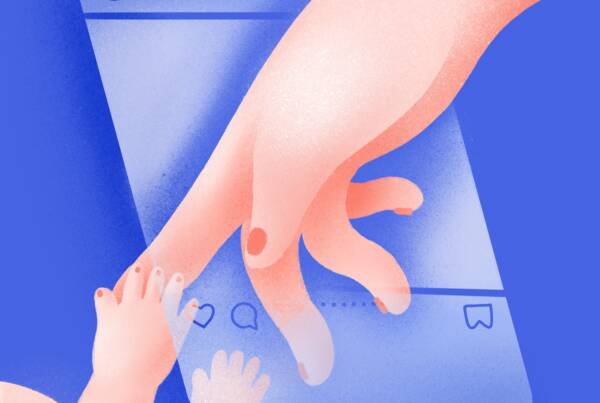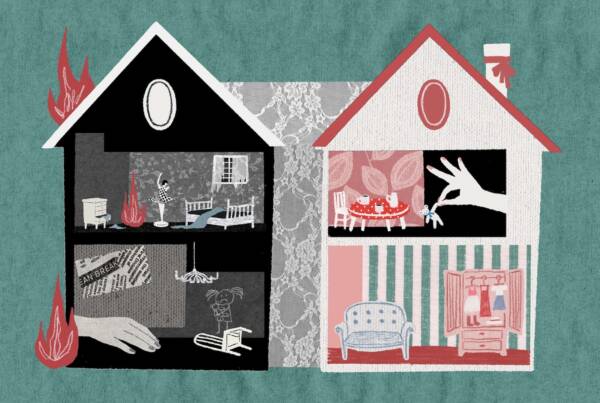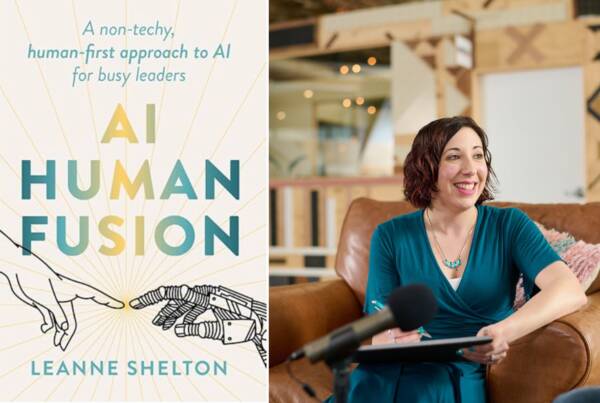Interview of Dina and Aseel by Freya Bennett
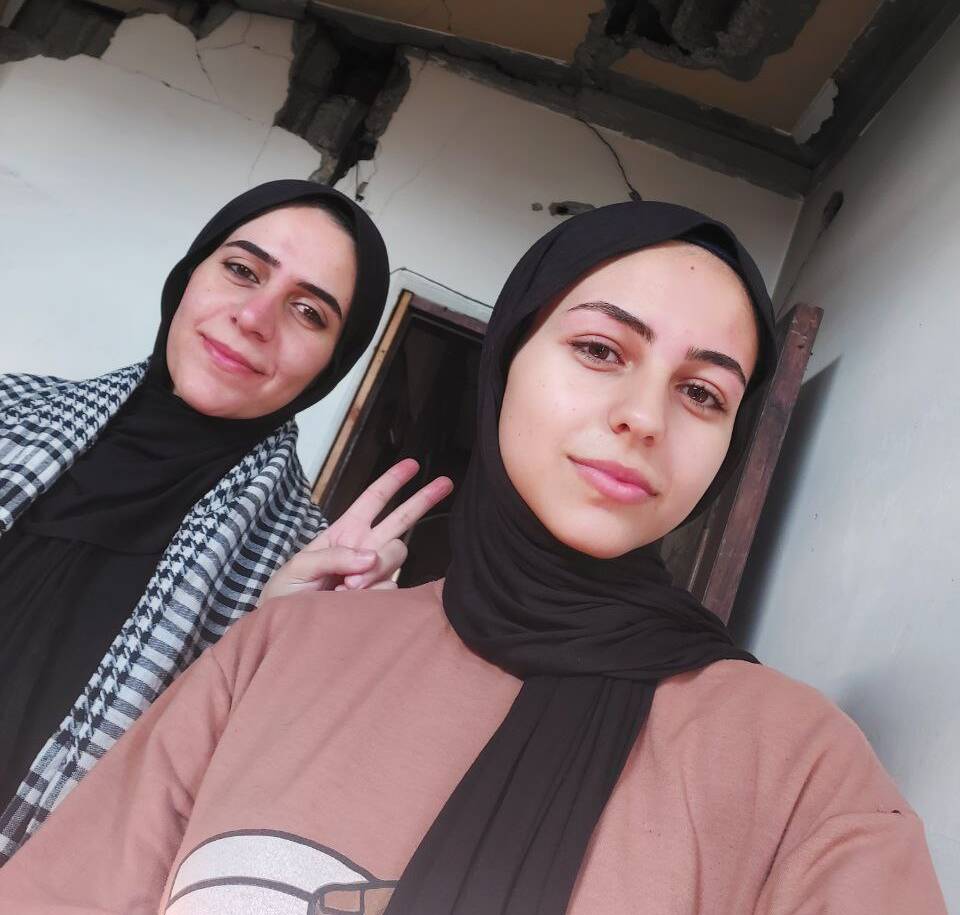 Firstly, hello Dina and Aseel, I’m so sorry this is happening to you and your family. It’s heartbreaking and so unfair. What do you wish more people understood about what life is like for you right now?
Firstly, hello Dina and Aseel, I’m so sorry this is happening to you and your family. It’s heartbreaking and so unfair. What do you wish more people understood about what life is like for you right now?
Hello and thank you so much for inviting us to be part of Ramona Magazine. It means a lot to us that our story, mine and Aseel’s, touched you and that you wanted to hear more. Your support, prayers, and kindness truly mean the world to us.
What I wish more people understood is how painful some of the assumptions and comments about people from Gaza can be. For example, when someone sees a person from Gaza in a video holding an iPhone, they often react with surprise or disapproval. You might see comments like, “You’re from Gaza and you have an iPhone?!” Or if someone asks for help, people assume they must be poor or begging.
The truth is very different. Before the war, the standard of living in Gaza was actually better than in some neighboring countries. We had beautiful buildings, mosques, churches, and universities that could compete with the best in the Arab world. There were modern restaurants, cafés, malls, and clean streets. Our coastline was stunning, full of hotels and resorts. We exported high-quality vegetables, used the latest phones, and dressed well.
Gaza also had one of the highest education rates in the Arab world.
Gaza was home to an outstanding generation of creative and talented young people. Many of them sadly lost their lives in the war. People in Gaza are not poor or desperate by nature. But the conditions we are living through now are beyond anything a person could imagine unless they have actually lived through war.
How can people around the world best support families in Gaza right now — financially, emotionally, or otherwise?
The emotional support from people around the world – through protests, messages, and solidarity – has truly meant a lot to us. It reminded us that we are not just numbers, but real people with dreams and stories.
But the reality here is extremely harsh. Financial support has become absolutely essential just to survive. The war has left behind so many widows and orphans, with no one to provide for them. Families have lost their homes, jobs, and savings, and have spent everything they had during this long war that’s now nearing two years.
Food prices have gone up to unimaginable levels because of the blockade. A simple daily meal, just a piece of bread and some lentil soup for each family member, can cost around $100. One onion can cost $15, a single egg $8, and a kilogram of sugar up to $130. Prices rise crazily, sometimes even within the same day.
Even when aid trucks arrive, they’re often looted and their contents sold at ten times the regular price. People buy because they have no choice, it’s about survival, not comfort. Meat, fruits, snacks, and drinks haven’t been part of daily life in Gaza for over a year and a half.
There’s also a major cash crisis. No money has entered Gaza since the war began, and everything must be paid for in cash. Credit cards don’t work. To withdraw $1,000 from your bank account, you might receive only $500 in cash after paying outrageous fees. It’s devastating, and even those who were financially stable before the war are now in need of help.
People are suffering not just from hunger and poverty, but also from the loss of their families, the collapse of the healthcare system, and a complete lack of resources. Without outside support, there’s no way to survive this.
Do you think platforms like GoFundMe are better for families in Gaza than donating to charities?
If you ask this question to any citizen in Gaza, the answer will be: definitely, direct support to individuals is a thousand times better than donations through charities.
Here’s why:
Most charities require people to be photographed in order to receive food parcels. They do this for media coverage and to gain more donations online, which ends up depriving many modest families from getting food.
Every family has different needs. For example, a family with infants has very different requirements than one with older children. When support is given directly, the family can buy what actually suits them.
Speaking of children, a single pack of diapers here can cost up to $150, and a small can of baby formula is around $70. Imagine the suffering of babies who haven’t even started life properly.
Charities often buy food in massive quantities to prepare communal kitchens and film them, which leads to a huge increase in prices in the local markets. This adds more pressure on people trying to afford food. So, for a charity to feed ten camps, hundreds of other camps lose their chance to buy food at reasonable prices.
These communal kitchens have also caused serious harm. Many children have suffered burns, some fatal, because they rush with pots to get food, and hot meals spill on their heads.
Most of the aid that reaches charities is distributed only to people living in camps, possibly for media purposes, while those staying in damaged homes are often ignored, even though their homes may be unfit for living. They suffer just as much as people in tents. They live without electricity or water and struggle daily to bring in food and drinking water. Their need for aid is just as great.
For example, my family is currently living in a partially destroyed house, with no electricity, water, or gas. We haven’t received any aid for more than nine months. We are forced to withdraw money with huge commission fees and buy our daily needs at crazy prices.
That’s why I believe charity-based distribution is never fair.
Direct support to individuals is much more honest and really eases people’s burdens here.
You and your sister are doing such incredible work under such difficult circumstances. Can you tell me more about the work you’re doing, and how it’s helping your family survive?
We work together online, providing high-quality services in:
- English to Arabic translation (across all fields)
- Arabic content writing
- Creating and managing ad campaigns (Snapchat, TikTok, Instagram, Google)
We’re not beginners! We’ve been working online for years and have a solid record on platforms like Upwork and Khamsat. I, Dina, have especially been active, as I’m the older sister and have worked longer in this field.
But everything stopped when the war began. We lost our home and spent more than a year and a half living in tents with no internet access. I don’t like to remember those days. In the early months of the war, Aseel and I used to travel to other areas, sometimes by truck, bulldozer, or even a cart pulled by a horse, whatever was available, even if we’d never imagined using such transport before. We’d sit for hours in the scorching sun, with our laptops open on the sidewalks, trying to complete client tasks so we wouldn’t lose our jobs.
Eventually, we were completely exhausted. We had no choice but to stop working, for over a year and a half.
But our ambition is stronger than our circumstances. We decided not to give up. Now, there’s an internet connection near where we live, and every day we go to a nearby solar-powered shop to charge our laptops, since there’s still no electricity in our home. Then we start working on tasks sent to us by our remote clients.
What we earn helps us support ourselves and our family, covering basic food needs, helping us get through these harsh conditions, and allowing us to dream of a better future.
Working online in such conditions is a huge challenge, but when you have a goal and a big dream, giving up simply isn’t an option.
What are your hopes, for yourself, your sister, and your family, even in the middle of all this uncertainty?
I’ve really missed talking about my wishes. ^_^
For our family, we simply hope they survive this war and the hunger that comes with it, and that we’ll one day be able to rebuild our home.
For my brothers: one is a software engineer, and the other is a graphic designer. I hope they get the chance to travel and find jobs that match their talents and experience. The war has stolen their years, even before it stole their dreams.
For my sister Aseel: I hope she gets a scholarship to continue her education. She’s an outstanding student who scored 98%, but the war has destroyed all universities and educational institutions here.
For myself: I hope I can work in better conditions and never have to return to square one like I did when the war began. I dream of traveling and settling somewhere that allows me to continue my online work in peace and stability—at least until the war ends and we can return to a warm, livable home in Gaza.
Thank you so much for this kind interview and for giving us the chance, through your magazine, to share our voice with the world.
To contact Dina and Aseel for freelance work or support:
Instagram: aseel_n05
WhatsApp: +970592232641


